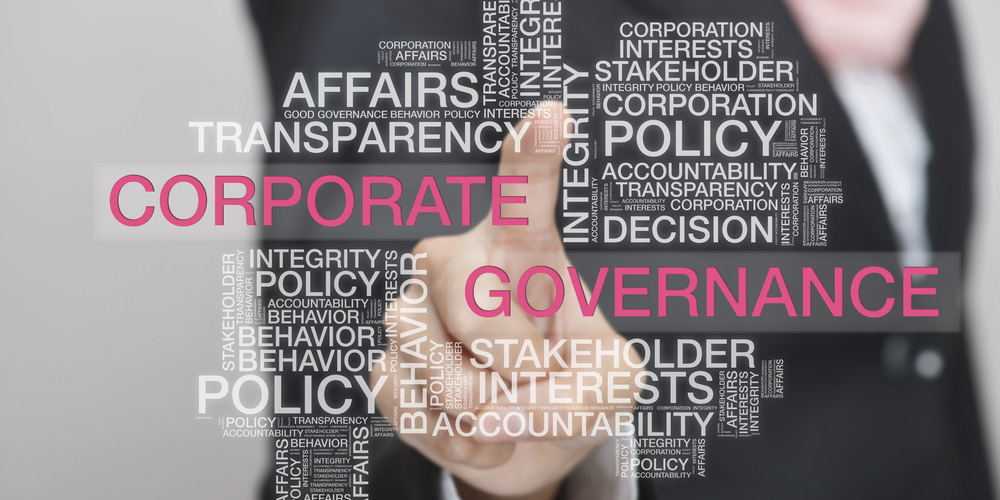Don’t miss the point of non-financial reporting
Sat 22 Jul 2017
Boards must understand the importance of sustainability and long-term value to their businesses, and that means taking non-financial reporting requirements more seriously.
 The EU Non-Financial Reporting Directive (NFRD) is the latest attempt to persuade companies to integrate sustainability, amongst other areas, into key business structures and processes, and report what they are doing to tackle these key risks.
The EU Non-Financial Reporting Directive (NFRD) is the latest attempt to persuade companies to integrate sustainability, amongst other areas, into key business structures and processes, and report what they are doing to tackle these key risks.
These requirements are nothing new but I believe that companies – and their boards – are really missing the point. Too many are seeing the NFRD as a compliance and reporting issue – some might go as far as burden – rather than embracing its benefits. Reporting is only 5% of the objective; 95% of the objective is to improve company performance and behaviours.
The NFRD brings greater understanding and awareness of how businesses can really cause negative impacts in areas such as human rights, the environment and anti-bribery and corruption—even where to date they have been fortunate enough to avoid any major incidents. However, addressing these issues should not be seen as a compliance cost, but as an investment. It is an opportunity to protect the reputation of a company’s brand through not only preventing harm to people and the environment, but also creating value for the business.
The NFRD is designed to drive companies to realign their management systems so as to provide detailed insight into their social and environmental impacts. As companies become more aware of these impacts, they can start to manage them and derive the resulting benefits. Systems that facilitate good non-financial reporting will enable their companies to:
- increase recognition, trust and credibility;
- help in the mitigation of risk;
- improve board engagement with the business;
- enhance the culture of the organisation;
- strengthen internal reporting and management systems; and
- increase stakeholder confidence.
And stakeholders will certainly be watching what companies do in this area. Institutional investors, fund managers, employees and consumers will all be paying far more attention in the future. As will national regulators across the EU – and if the latest rules and guidance aren’t effective at pushing companies to do more, and report more, on non-financial matters, companies may well face tougher sanctions in future. In Germany, for instance, whilst the German guidelines are voluntary, the German government has warned companies that if they don’t report properly by 2020 it will turn these guidelines into mandatory law.
The best way for companies to make progress in this area is to positively embrace the spirit as well as the letter of the NFRD. They need to report their future – and live up to what they say.
This blog is based on an article, “NFRD: embracing the challenge” which appears in the Summer 2017 edition of Board Agenda. The full article can be found at Board Agenda.




